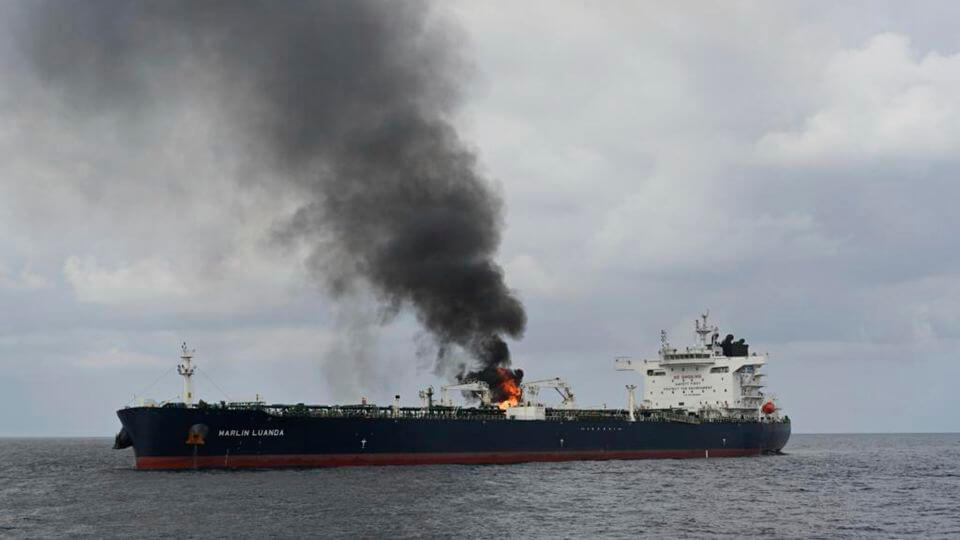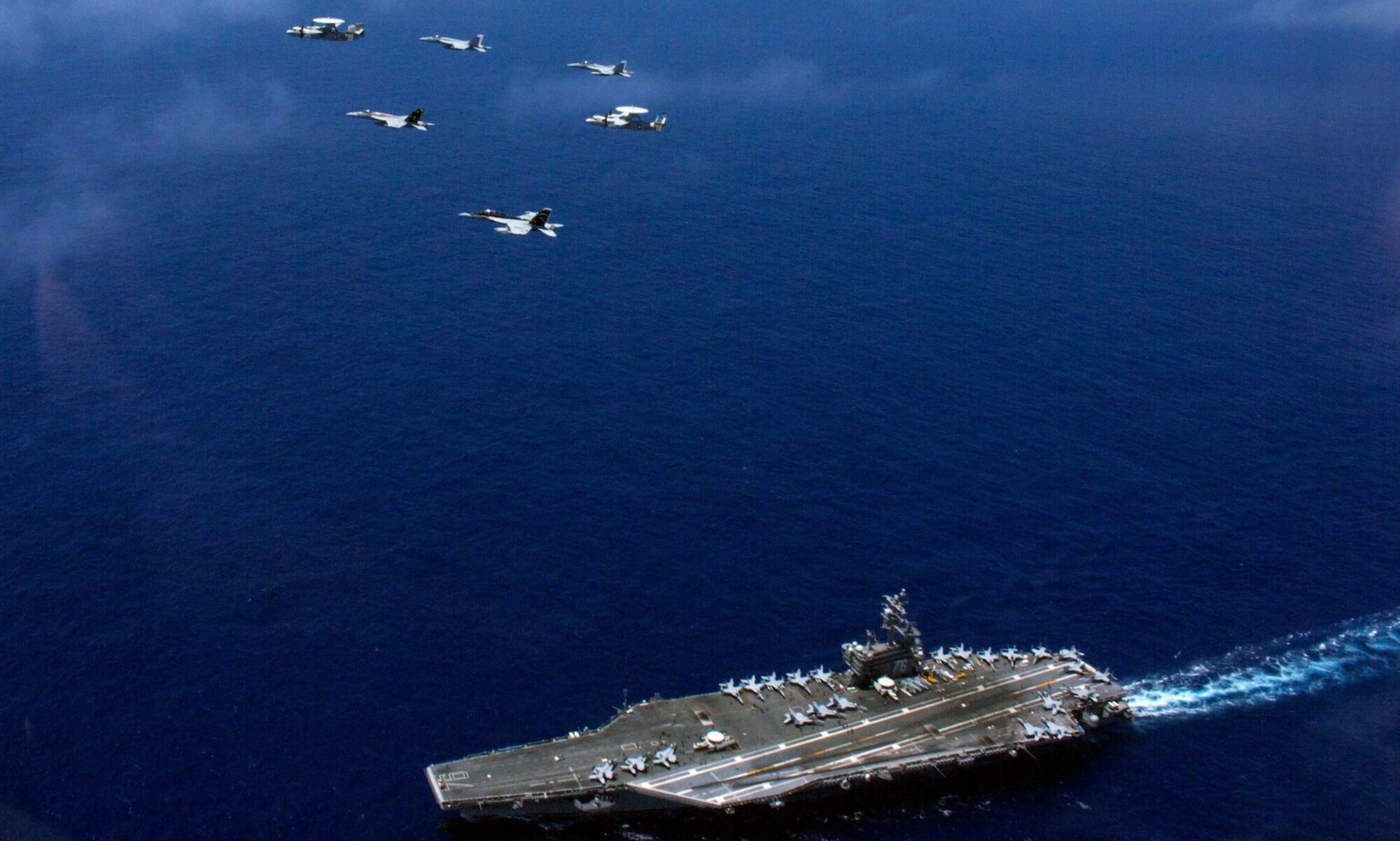

Introduction
As the founder of Americans for a Stronger Navy, I have encountered a few pushback from those who believe that the need for a stronger Navy is overstated and that current global situations are someone else’s problem. This perspective overlooks the critical role that a robust Navy plays in safeguarding our economic interests and national security. In light of recent disruptions in ocean shipping, it is crucial to understand why the vast majority of Americans support a stronger Navy and how it impacts our daily lives.
Why This Matters
Global supply chains are intricately connected, and disruptions in one part of the world can have far-reaching impacts. The Red Sea, a critical maritime route, has recently seen increased attacks, forcing vessels to divert and causing gridlock at key ports such as Singapore, Malaysia, South Korea, China, and parts of Europe. This congestion is reminiscent of the chaos experienced during the COVID-19 pandemic, and the repercussions are already being felt across the logistics and shipping industries.
Key Takeaways
- Rising Shipping Costs: The diversions and delays are leading to increased shipping costs. With vessels stuck waiting for berths and navigating longer routes, the cost of transporting goods is climbing rapidly.
- Port Congestion: Ports are struggling to manage the influx of containers, leading to long wait times and operational inefficiencies. This congestion exacerbates delays and adds to the overall costs of shipping goods.
- Supply Chain Delays: As ports become bottlenecks, the timely delivery of goods is compromised. This affects the availability of products on store shelves, especially as we head into the holiday season, traditionally a peak period for consumer spending.Implications for the U.S. Navy
Implications for the U. S. Navy
Drawing from Alfred Mahan’s principles of sea power, the current instability in the Red Sea underscores the importance of maintaining control over critical maritime routes. The U.S. Navy’s presence in these regions ensures the security of trade routes, thereby safeguarding the global economy and national interests. Mahan emphasized that control of the seas, especially through a formidable navy, is crucial not only for wartime dominance but also for peacetime economic influence.
Implications for America
The economic implications of these disruptions are multifaceted:
- Increased Consumer Prices: The rising costs of shipping are often passed down to consumers. Whether it’s electronics, clothing, or everyday household items, Americans will likely see higher prices at the checkout counter.
- Inflationary Pressures: As transportation costs rise, so do the prices of goods. This can contribute to broader inflationary pressures, impacting the overall cost of living.
- Business Costs: Companies that rely on imported goods face higher operational costs. These businesses may need to increase prices to maintain margins, further affecting consumer prices.
- Supply Chain Reliability: The reliability of supply chains is crucial for economic stability. Persistent delays and disruptions can lead to stock shortages, affecting businesses’ ability to meet consumer demand and potentially leading to lost sales and revenue.
Lessons from Alfred Mahan
Nicholas Lambert’s book, “The Neptune Factor,” reexamines Mahan’s theories, arguing that sea power is not just about military might but also economic influence. Alfred Thayer Mahan, a prominent American naval officer and historian, is best known for his influential book, “The Influence of Sea Power upon History, 1660–1783.” Mahan’s groundbreaking ideas emphasized the strategic importance of a formidable naval presence to deter potential adversaries and ensure economic prosperity through control of maritime trade routes. Lambert emphasizes the need to integrate new technologies, such as cybersecurity and unmanned vehicles, and address environmental threats to maintain maritime dominance and economic security.
What Can Be Done?
To mitigate these impacts, several measures can be taken:
- Diversifying Supply Chains: Companies can explore alternative routes and suppliers to reduce dependency on any single shipping lane.
- Investing in Infrastructure: Enhancing port infrastructure and technology can improve efficiency and reduce congestion.
- Policy Measures: Governments can play a role in ensuring maritime security and supporting international efforts to stabilize regions like the Red Sea.
Conclusion
Current disruptions in ocean shipping underscore the vulnerability of global supply chains to geopolitical events. As Americans, understanding these connections is crucial. The economic ripple effects—from increased consumer prices to broader inflationary pressures—highlight the importance of resilient and adaptive strategies in both business and policy.
By addressing these challenges proactively, we can better navigate the complexities of a globalized economy and ensure stability and prosperity for all.
Drawing from Mahan’s insights, we must recognize that sea power encompasses both military strength and economic influence. Maintaining a robust naval presence and addressing modern challenges is essential for safeguarding our economic security and way of life.

